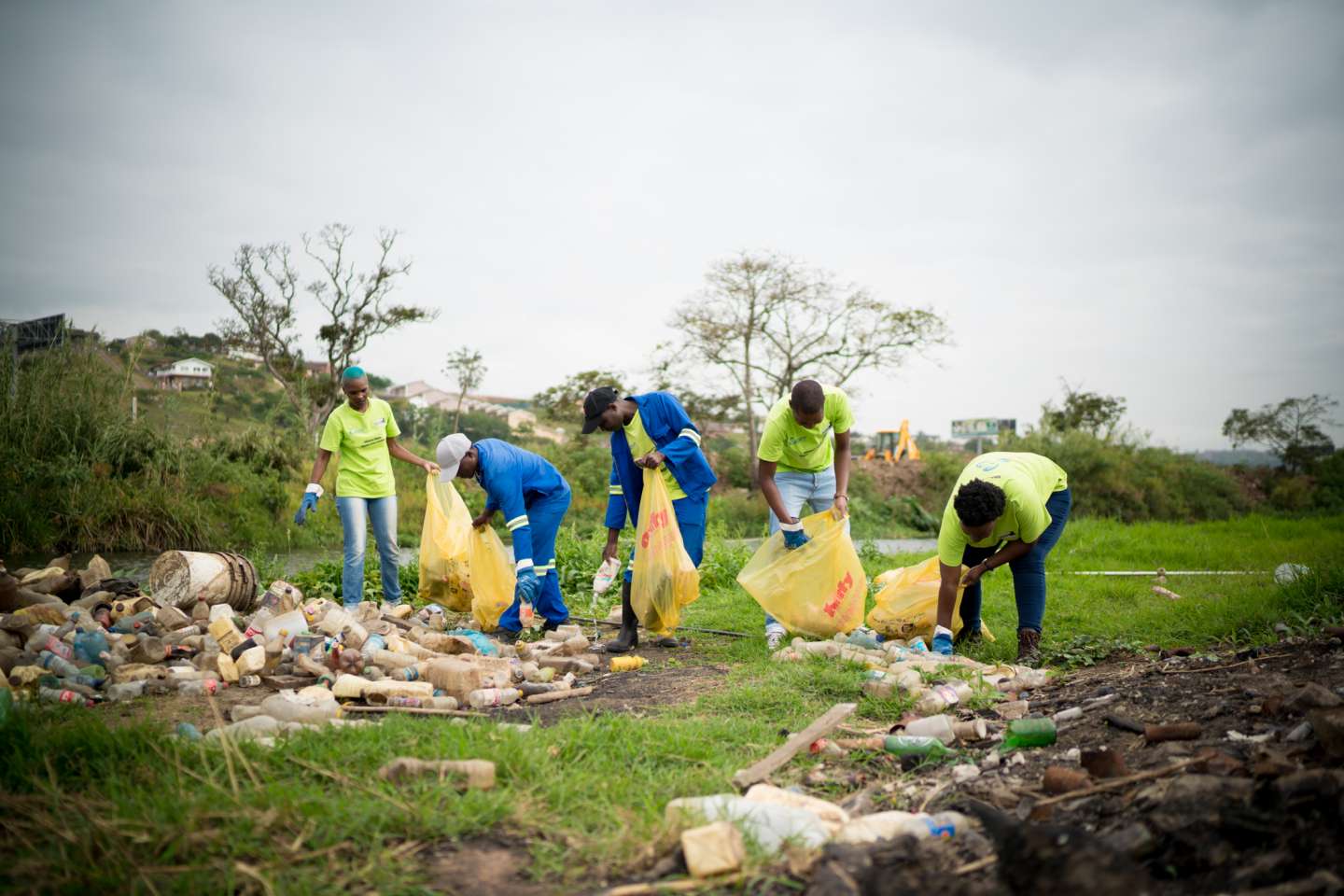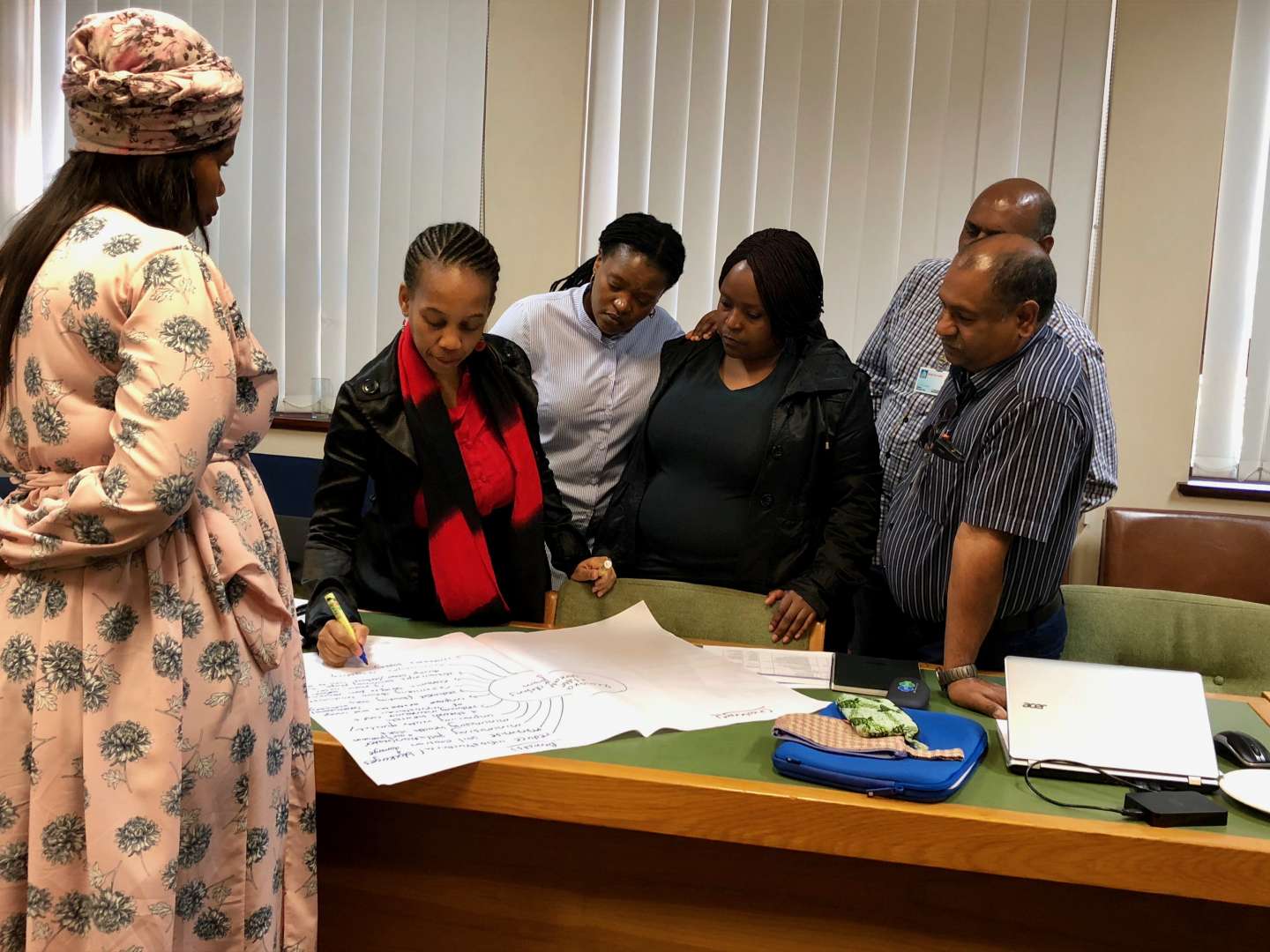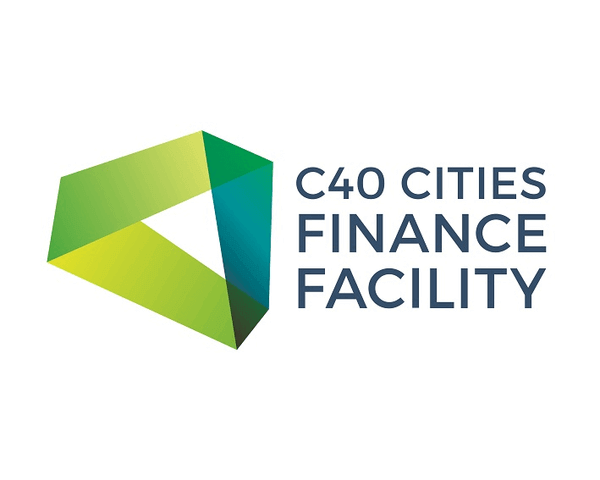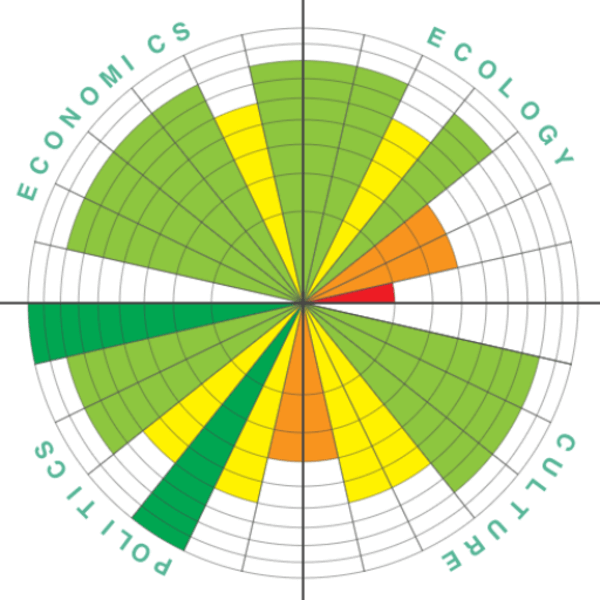The TRMP builds on a range of transformative river management projects in Durban and Kwa Zulu Natal, notably including the 7-year-old Sihlanzimvelo stream cleaning programme. This programme involves utilising community co-operatives for stream management and in so doing builds enterprises and creates jobs: a good example of what is called the “Green New Deal” or transformative adaptation. This model will be expanded to a broad range of river conditions, ecological infrastructures, land ownership and land use conditions to anchor the green economy and develop the social and economic capital of the city.
The Business Case will use cost benefit analysis to persuade a range of funders including the municipality itself, businesses and property owners in Durban and global climate funders to make the investments required. It will be grounded in GIS based vulnerability assessment linked to an advanced hydrological model and the best available climate circulation models.
As part of the CFF’s commitment to optimising the impact of its support for eThekwini it will implement a knowledge-sharing exchange with the several municipalities that are part of the Central KZN Climate Change Compact, as well as the wider global community of climate stakeholders.
Ultimately the TRMP will develop the social and economic capital of the city and change the way the city looks at rivers and streams, by treating water a socio-economic asset. By providing for ecosystem-related job and asset creation for local communities, it will change community lives, urban spaces, and reconnect people and communities with water.
The programme is likely to have a duration of 10 years.
January 2021
Finalisation of draft business case
February – March 2021
Preparation of the implementation of business plan
February – December 2021
Consultations with government funders, donor institutions, business and property owners for finance and funding
June 2021 – July 2022
Intensive engagement for establishing the required riverine management partnerships
July 2022 – June 2026
Intensive implementation of TRMP as a programme with the 5-year integrated Development Plan cycle



